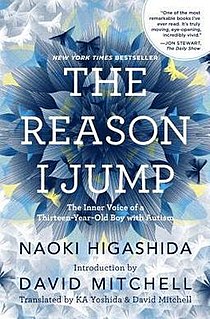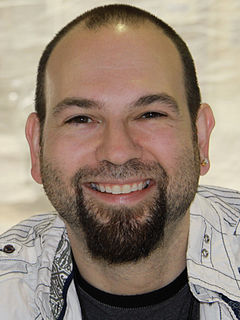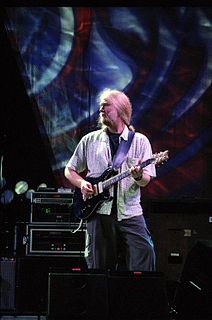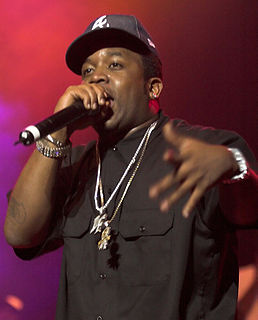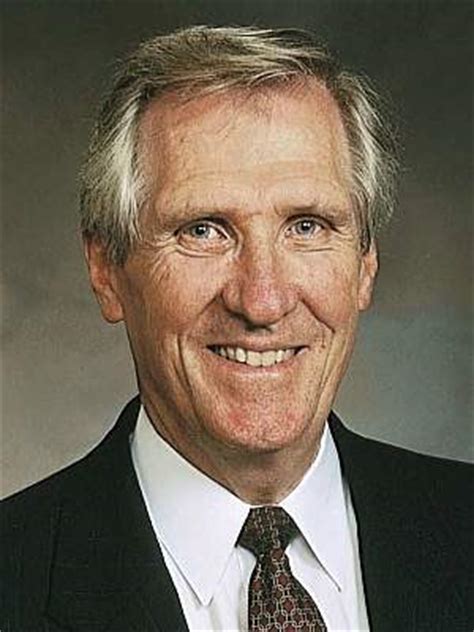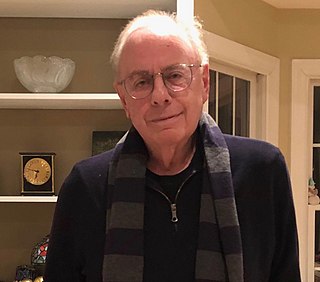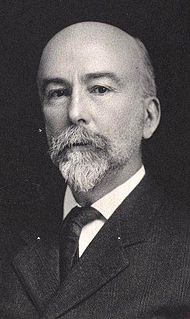A Quote by Jorge Luis Borges
Then he reflected that reality does not usually coincide with our anticipation of it; with a logic of his own he inferred that to forsee a circumstantial detail is to prevent its happening. Trusting in this weak magic, he invented, so that they would not happen, the most gruesome details.
Related Quotes
Jazz spent a chunk of the day fantasizing about ways to kill his grandmother, plotting them and planning them in the most excruciating, gruesome detail his imagination would allow. It turned out his imagination allowed quite a bit. He spent the rest of the day convincing himself--over and over--not to do it.
The elements of a good story are most definitely details, little bitty details. That does it, especially when you're describing, when you're setting the scene and everything. It's like you're painting a picture, so details are very important. Also, the music gotta be right. The music can really set the tone for the story and let you know what the story is gonna be about, but definitely, it's the vibe in the place where you at and the detail.
There are 3 kinds of magic in our world. The peddling little magician magic like Uncle Andrew in 'The Magicians Newphew' where people mess around with things they don't understand. It's movie magic. Then there is the magic of the evil side of things. The demonic forces. And that's not really magic... it's corruption of what really exists. And then finally there is the magic of the Holy Spirit of God which is the creation and maintenence of the universe. We don't understand it... and we haven't the faintest idea how He does it. But it's real. That's the deep magic.
We invented marriage. Couples invented marriage. We also invented divorce,mind you. And we invented infidelity,too, as well as romantic misery. In fact we invented the whole sloppy mess of love and intimacy and aversion and euphoria and failure. But most importantly of all, most subversively of all, most stubbornly of all, we invented privacy.
Does the open wound in another's breast soften the pain of the gaping wound in our own? Or does the blood which is welling from another man's side staunch that which is pouring from our own? Does the general anguish of our fellow creatures lessen our own private and particular anguish? No, no, each suffers on his own account, each struggles with his own grief, each sheds his own tears.
The very foundation of our science is only an inference; far the whole of it rests an the unprovable assumption that, all through the inferred lapse of time which the inferred performance of inferred geological processes involves, they have been going on in a manner consistent with the laws of nature as we know them now.


